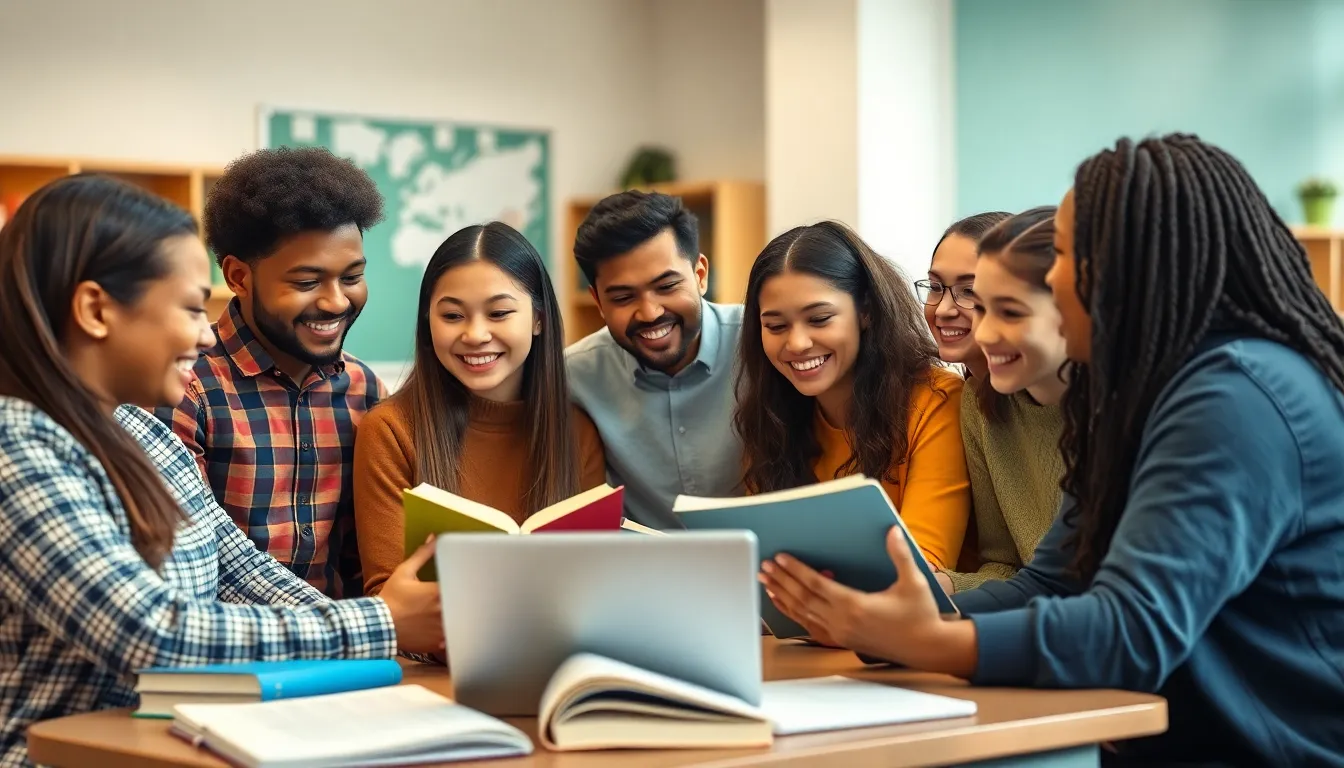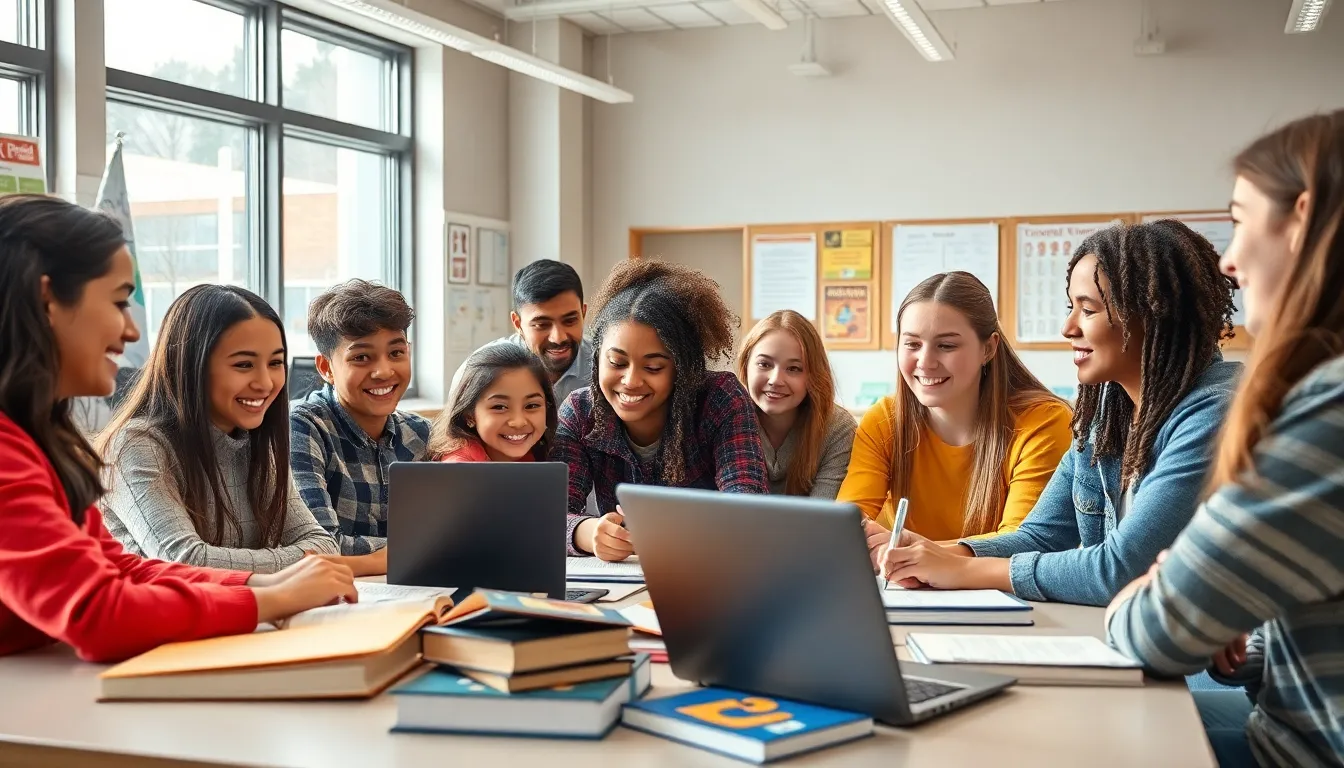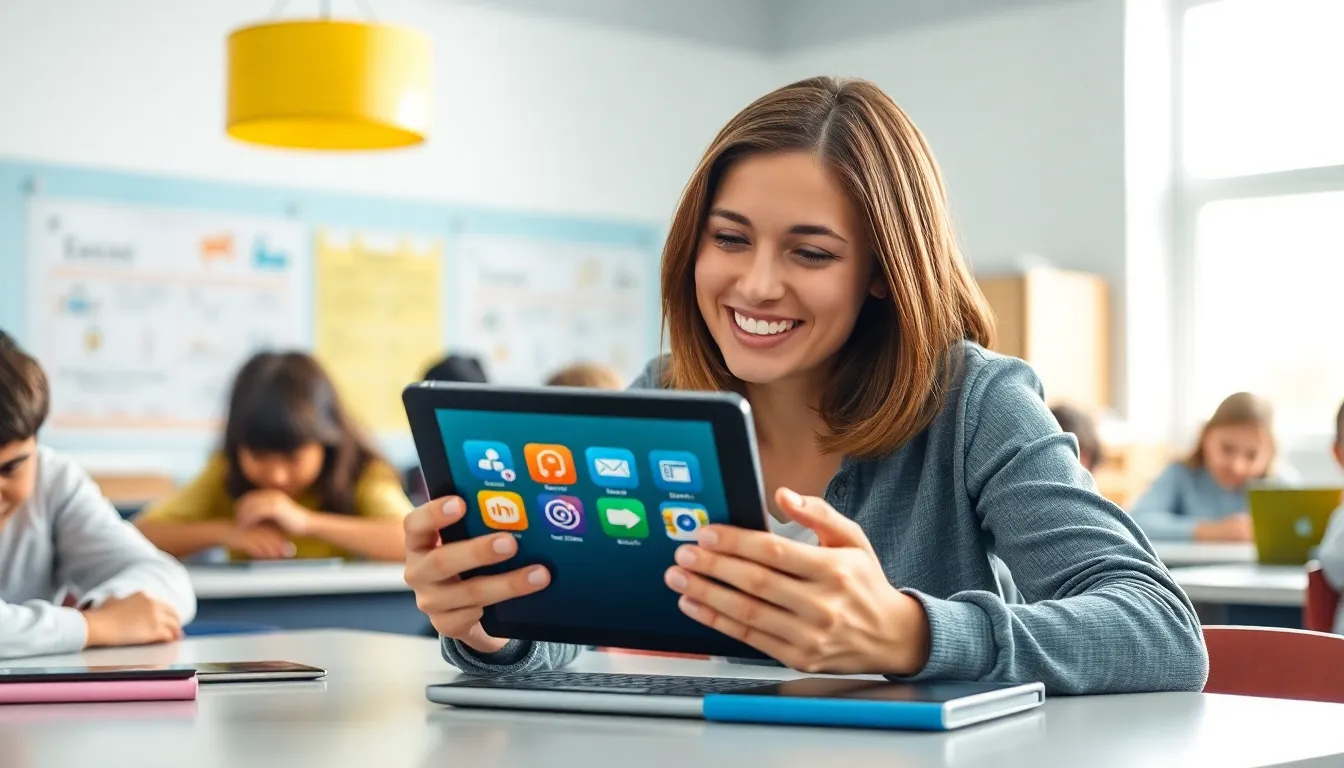In a world where TikTok dances compete with textbook knowledge, the quest for quality education has never been more crucial. It’s not just about hitting the books; it’s about igniting curiosity and sparking a lifelong love for learning. Educational experiences shape minds, fuel creativity, and—let’s be honest—provide some pretty impressive trivia for dinner parties.
Table of Contents
ToggleUnderstanding Educational Concepts
Educational concepts encompass various definitions and approaches that shape learning experiences. These ideas foster an environment of growth and knowledge acquisition.
Definition of Educational
Education focuses on the systematic process of acquiring knowledge, skills, values, and attitudes. It serves individuals through formal schooling, informal learning, and experiential opportunities. Learning can occur in various settings, including classrooms, homes, and communities. This process emphasizes critical thinking, creativity, and social interaction. Furthermore, the ultimate goal remains to prepare individuals for active participation in society and personal development.
Types of Educational Approaches
Diverse educational approaches cater to various learning styles and environments. Traditional methods include direct instruction, where teachers impart knowledge through lectures. Constructivist approaches emphasize active learning, allowing students to discover concepts through hands-on experiences. Project-based learning focuses on real-world problem solving, encouraging collaboration and critical thinking. Additionally, technology-enhanced learning utilizes digital tools to support interactive experiences. Each approach contributes to a broader understanding of educational experiences and equips learners for future challenges.
Importance of Educational Development

Educational development plays a crucial role in shaping the future of individuals and society as a whole. This process fosters critical thinking, creativity, and social skills essential for navigating modern life.
Impact on Society
Education influences societal progress significantly. It prepares individuals for active participation in the workforce, which boosts economic growth. Educated populations tend to exhibit lower crime rates, demonstrating a correlation between education and social stability. Higher education levels contribute to improved public health, promoting healthier communities. Additionally, education cultivates informed citizens who engage in democratic processes, thereby strengthening democracy.
Benefits for Individuals
Individuals gain numerous advantages from educational development. Enhanced knowledge equips them with skills applicable in various careers, leading to increased job opportunities. Education fosters personal growth, fostering self-confidence and adaptability. Problem-solving skills developed through education empower individuals to face challenges effectively. Lifelong learning promotes curiosity, encouraging continuous improvement and satisfaction in personal and professional life. Ultimately, education empowers individuals to contribute positively to society and their own lives.
Methods of Educational Delivery
Education employs various methods of delivery, each tailored to different learning preferences and contexts. Understanding these approaches enhances educational experiences.
Traditional Classroom Learning
Traditional classroom learning involves direct instruction in physical settings. This approach fosters face-to-face interactions between students and teachers. Classes typically incorporate lectures, discussions, and hands-on activities. Engagement in this environment encourages collaboration and social skills. Teachers can observe student reactions and adapt lessons in real-time. Resources such as textbooks, workbooks, and multimedia tools enrich the learning experience. Despite technological advancements, traditional methods remain vital in developing foundational knowledge and critical thinking skills.
Online and E-Learning Platforms
Online and e-learning platforms offer flexible and accessible educational experiences. These platforms allow learners to access content anywhere and at any time. Interactive elements such as quizzes and discussion forums enhance engagement. Multimedia resources, including videos and podcasts, appeal to various learning styles. Users can navigate courses at their own pace, which promotes personalized learning. Many online platforms also facilitate connections among peers and instructors, creating a supportive learning community. As digital literacy becomes increasingly essential, online education plays a pivotal role in modern learning environments.
Innovations in Educational Practices
Innovative practices in education continually evolve to enhance learning outcomes. Educators now harness technology and modern teaching techniques to create dynamic learning environments.
Technological Advancements
Technology transforms educational landscapes, bringing interactive tools into classrooms. Virtual reality allows students to explore complex subjects through immersive experiences. Online resources enhance accessibility, enabling learners to access vast amounts of information. Learning management systems streamline course delivery, fostering better communication between educators and students. Data analytics provides insights into student performance, helping educators tailor instructions to individual needs. Mobile applications support on-the-go learning, promoting flexibility and independence.
Innovative Teaching Techniques
New teaching techniques emphasize student engagement and real-world application. Project-based learning encourages collaboration, sparking creativity and critical thinking among learners. Flipped classrooms allow students to explore concepts at home, freeing up classroom time for interactive discussions. Inquiry-based learning fosters an investigative mindset, enticing learners to ask questions and pursue knowledge. Differentiated instruction addresses varied learning styles, promoting inclusivity in diverse classrooms. Gamification integrates game elements, motivating students to reach educational goals through friendly competition and challenges.
Challenges in the Educational Sector
Education faces numerous challenges that hinder its effectiveness and accessibility. Tackling these issues is crucial for improving overall learning experiences.
Access and Equity Issues
Access to quality education remains uneven across different demographics. Many students from low-income backgrounds may not enjoy the same resources as their more affluent peers. According to the National Center for Education Statistics, disparities in funding often lead to significant gaps in educational opportunities. Additionally, rural areas frequently experience limited access to advanced courses and skilled educators. Equity in education requires targeted initiatives that prioritize underrepresented groups and ensure fair opportunities across all regions.
Adapting to Change
Rapid technological advancements create a need for adaptive educational strategies. Traditional teaching methods may not suffice to meet the demands of the 21st-century learner. Educators must embrace blended learning environments that combine face-to-face instruction with digital resources. A report by the International Society for Technology in Education suggests that fostering digital literacy is essential for students’ success. Integrating innovative practices helps learners develop critical skills, such as problem-solving and collaboration, necessary for navigating a constantly evolving world.
Quality education plays a pivotal role in shaping individuals and society. It fosters essential skills like critical thinking and creativity while promoting lifelong learning. As educational methods evolve with technology, it’s crucial to ensure access and effectiveness across all demographics.
Innovative teaching techniques and diverse learning environments can bridge gaps and enhance the educational experience. By prioritizing education, individuals can unlock opportunities for personal growth and contribute positively to their communities. Embracing these changes will prepare learners for the challenges of tomorrow, ensuring they thrive in an ever-changing world.








